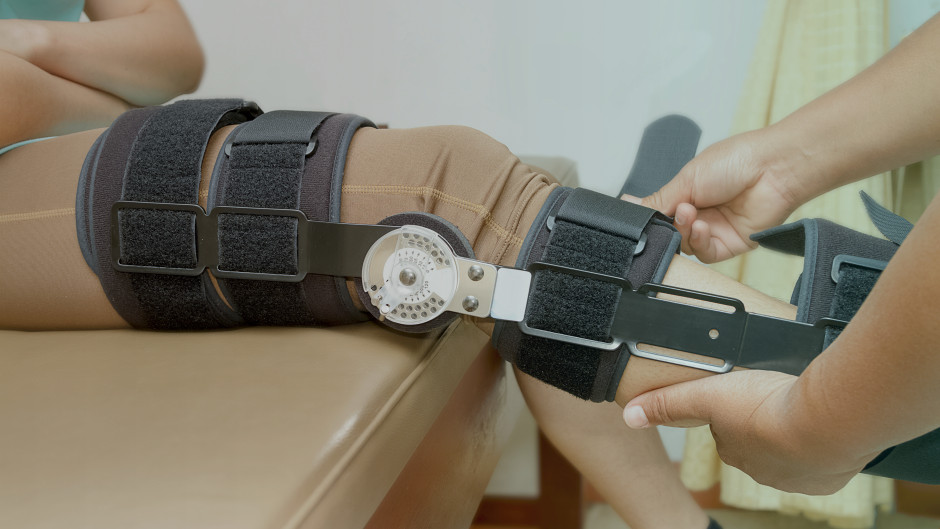3 TOOLS FOR ASSESSING RHEUMATOID ARTHRITIS

If you want to learn more about this topic, you can watch Jack March's lecture here:
In order to make the decision making process easier in assessing rheumatoid arthritis, we can use some tools which can assist in the clinical reasoning process. They are freely available and are quite easy to use.
1. Stage 1 – Diagnosing clinically suspected arthralgia
Clinically Suspected Arthralgia is a tool for recognizing rheumatoid arthritis. It basically is there to say, do these symptoms look like they might be caused by rheumatoid arthritis? Interestingly, this tool, is very sensitive, so it will pick up all rheumatoid arthritis patients, but it is not specific. So the things that we will look at is, joint symptoms of a recent onset atleast less than one year, whether the MCPJs are affected, any morning stiffness of greater than 60 minutes, a first degree relative with rheumatoid arthritis, difficulty making a fist, and a positive MCPJ or MTPJ squeeze test. We need to look at three or more being positive to be consistent with Clinically suspected arthralgia.

2. Leiden Clinical Prediction Rule
This predicts the likelihood of a patient having developed Rheumatoid arthritis. It characterizes the severity of the symptoms and gives you more of a score depending on how severe they are, and also how widespread they are. We’re looking for a score of 8+ to predict that someone’s getting rheumatoid arthritis and a 9+ is a much higher score or optimal prediction.

3. SPADE Tool
The SPADE tool is a valuable resource to assist clinicians in determining the probability of axial Spondyloarthritis in patients with chronic back pain. By loading the list on spadetolo.co.uk we can check off the symptoms or the comorbidities as we go down the list.
You can watch this clip taken from the lecture ‘Rheumatology Red Flags’ by Jack March to know how to interpret the SPADE TOOL.
If you want to learn more about this topic, you can watch Jack March's lecture here:
Sources:
1. Lecture ‘Rheumatology Red Flags’ by Jack March on Trust me-Ed



